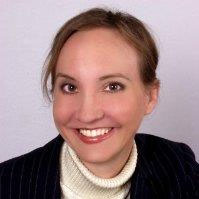
(July 12) Wendy Wert is a registered civil engineer and a Manager for Consumer Education in the Los Angeles Sanitation District. She has a BS degree in Environmental Engineering and an MS degree in Water Resources Engineering. She works on advanced planning, design and upgrading of process treatment to integrate water supply and reuse, water conservation, storm-water management and wastewater facilities planning in the Los Angeles Sanitation Department. She evaluates long term costs in wastewater and solid waste management and energy recovery, and has published numerous technical papers.
Wendy presented an overview of the department’s current facilities and programs. She showed how human technological carbon dioxide production has diverged dramatically since the 1960s from the natural biogenic background production. She illustrated how Los Angeles recycling activities have progressed since the year 2000, producing recycled water, energy and recycled materials from wastewater and solid waste from garbage and sewage. Recycling food waste goes through processing and anaerobic digestion into biogas, to produce electricity, heat/steam, vehicle fuel, and biomethane (natural gas). Anaerobic digestion also can produce fertilizers and compost. One biogas power plant produces 20 MW of energy, enough for 20,000 homes, and total production is enough for 78,000 homes. Recycled natural gas is supplying an existing filling station.
There are 11 plants in the Los Angeles area treating about 400 million gallons/day and serving 5.5 million people. LA County generates 21 million tons of waste per year, including 4000 tons of food thrown out daily. Decaying food waste in landfills can release methane into the environment, a significant contributor to accelerating climate change. State laws now mandate recycling commercial organics (composting or anaerobic digestion to captured biofuels). The department’s goal is to process 600 tons/day of food waste slurry, equivalent to 5700 gallons of gasoline daily. Wastewater and stormwater recycling are essential for combating the increasing drought and climate heating in the Western states.
Wendy discussed what we can do in our local communities to reduce waste and excess CO2 production. She responded to questions afterward, and invites further inquiries to her at wwert@lacsd.org.